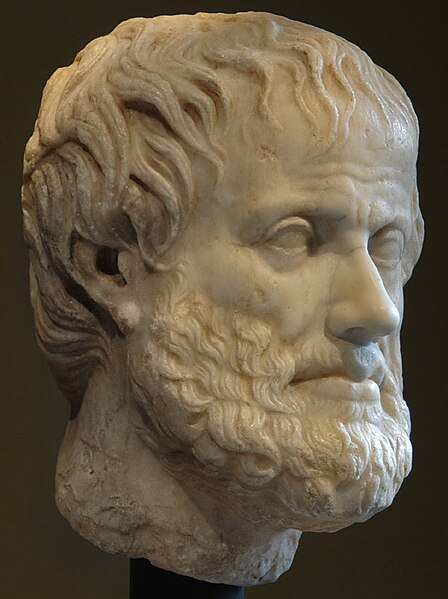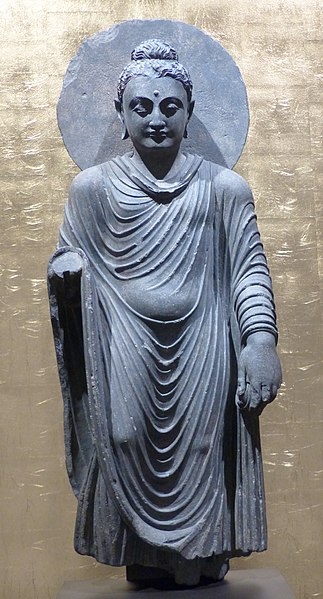Infinite photos and videos for every Wiki article ·
Find something interesting to watch in seconds
Celebrities
Largest Empires
Ancient Marvels
Richest US Counties
Supercars
Animals
World Banknotes
Rare Coins
Crown Jewels
Wonders of Nature
Famous Castles
Best Campuses
History by Country
Largest Palaces
Great Museums
British Monarchs
Tallest Buildings
Countries of the World
Presidents
Great Artists
Kings of France
Great Cities
Recovered Treasures
Sports
Orders and Medals
Wars and Battles
more top lists





